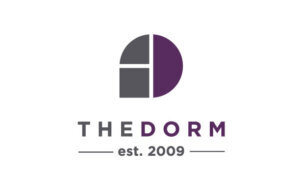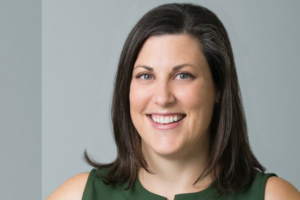This is part of WTOP’s continuing coverage of people making a difference in our community authored by Stephanie Gaines-Bryant. Read more of that coverage.
During this Mental Health Awareness Month, one D.C. organization has tips for having healthy conversations with young family members about difficult topics like mass shootings, racial hatred, abortion rights and gender equality.
Sarah Harte is a clinical social worker and director of The Dorm, DC, a young adult treatment community in Northwest.

“It’s really important for parents to take their children’s concerns about this seriously,” Harte said.
“Some parents may assume that their children are too young or not impacted, but a lot of young people do feel deeply about these issues regardless of what side of the issue they’re on.”
Harte said that, after the COVID-19 pandemic, people talk more about issues like mental health. This offers parents an opportunity to talk with their children, especially if they don’t see eye to eye on certain topics.
“[It’s] a really amazing time to open up the conversation and model for young adult children or teenage children how to have conversations where you might differ but can be respectful,” she said.
In fact, Harte says parents might even want to initiate these conversations.
“You might want to say, ‘hey, a lot of people are talking about this. What do you think?'”
How do I know if my child is overwhelmed?

Harte said to look for changes in behavior that are unusual — a long stretch of “down days,” self-isolating, spending a lot of time on the internet or not doing things that they used to enjoy. If you notice these changes, then it’s time to open up a conversation.
She said to simply ask, “Are you OK?” The child might not answer the question that day, she says, but keep checking in.
Harte also said don’t be afraid to say the word “suicide.” While some people think saying the word plants the seed or increases the risk of suicide, she said research begs to differ.
“Actually naming it and saying, ‘I’m worried about you. Are you thinking about suicide?’ reduces people’s risk because they feel relieved that they can actually talk about it.”
The Dorm, Young Adult Treatment, DC is located at 1814 N St. NW, Washington, D.C. You can contact the organization at 877-909-3676 or by visiting thedorm.com.








